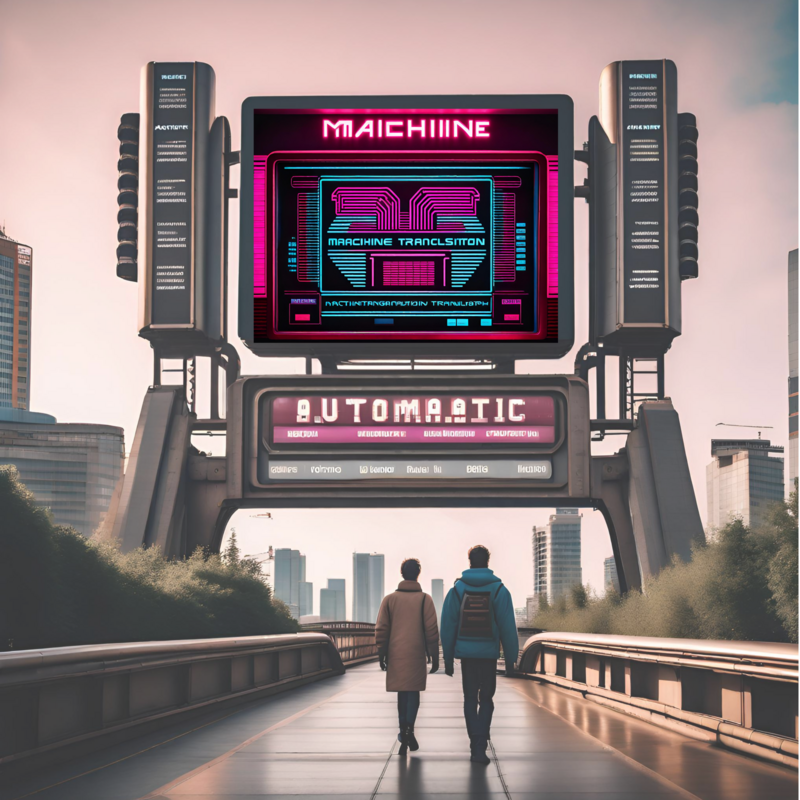TUC
Artificial Intelligence and
Workers Rights
Artificial Intelligence (Regulation and Employment Rights) Bill
Purpose of the Bill
- The Bill regulates the use of artificial intelligence systems by employers in relation to workers, employees and jobseekers to protect their rights and interests in the workplace.
Part 2: Core Concepts
- The Bill also provides for trade union rights in relation to the use of artificial intelligence systems by:
- employers,
- addresses the risks associated with the value chain in the deployment of artificial intelligence systems in the field of employment, and
- enables the development of safe, secure and fair artificial intelligence systems in the employment field.
- The policy expressed in the Bill is that of the Trade Union Congress (TUC).
Part 3: Transparency, Observability, and Explainability
- Assessment called a ‘
Workplace AI Risk Assessments’ (WAIRA) is created.
- An employer cannot undertake high-risk decision-making until a WAIRA has risk assessed an artificial intelligence system in relation to:
- health and safety,
- equality,
- data protection and
- human rights.
- Which will need to be direct consultation with employees and workers before high-risk decision-making occurs.
- Employees will need to establish and maintain a register of information about the artificial intelligence systems used in high-risk decision-making.
- There will be a right to personalised explanations for a high-risk decisions which are or might reasonably be expected to be detrimental to employees, workers or jobseekers.
- Employees, workers or jobseekers will be entitled to a right to human reconsideration of a high-risk decision.
Part 6: Health and Wellbeing
- There is a statutory right to disconnect which will be added to the Employment Rights Act 1996.
Part 7: Dismissal
This part states that it will be automatically unfair dismissal to dismiss an employee through unfair reliance on high-risk decision-making or as a punishment because an employee has exercised their right to disconnect.
1. The End of Employment
Dario Amodei, CEO of Anthropic - one of the world's leading AI (artificial intelligence) companies ... In a CNN interview from his San Francisco USA office ... predicted AI will create a "white-collar bloodbath" within the next two years.
Amodei claims:
- AI could eliminate half of all entry-level white-collar jobs
- Unemployment could spike to 10-20% in the next one to five years
- Technology, finance, law, consulting - no white-collar profession is safe
Source: ControlAI - Fighting to keep
humanity in control
Whose aims include policies that can be implemented at the national level immediately.
These include:
- Banning the deliberate development of superintelligence
- Prohibiting dangerous AI capabilities and superintelligence precursors such as automated AI research and hacking
- Requiring companies to demonstrate that an AI will not use forbidden capabilities before they run it
- A licensing system for advanced AI development
Source: https://controlai.com/dip

From Time magazine, February 6, 2025 4:00 AM EST
Exclusive: The British Public Wants Stricter AI Rules Than Its Government Does
..."The new poll shows that:
- 87% of Brits would back a law requiring AI developers to prove their systems are safe before release,
- with 60% in favour of outlawing the development of “smarter-than-human” AI models.
The results reflect growing public anxieties about the development of AI systems that could match or even outdo humans at most tasks.
Such technology does not currently exist, but creating it is the express goal of major AI companies such as OpenAI, Google, Anthropic, and
Meta, the owner of Facebook and Instagram.
In fact, several tech CEOs expect such systems to become a reality in a matter of years, if not sooner.
It is against this backdrop that
- 75% of the Britons polled told YouGov that laws should explicitly prohibit the development of AI systems that can escape their environments.
- More than half (63%) agreed with the idea of prohibiting the creation of AI systems that can make themselves smarter or more powerful.
